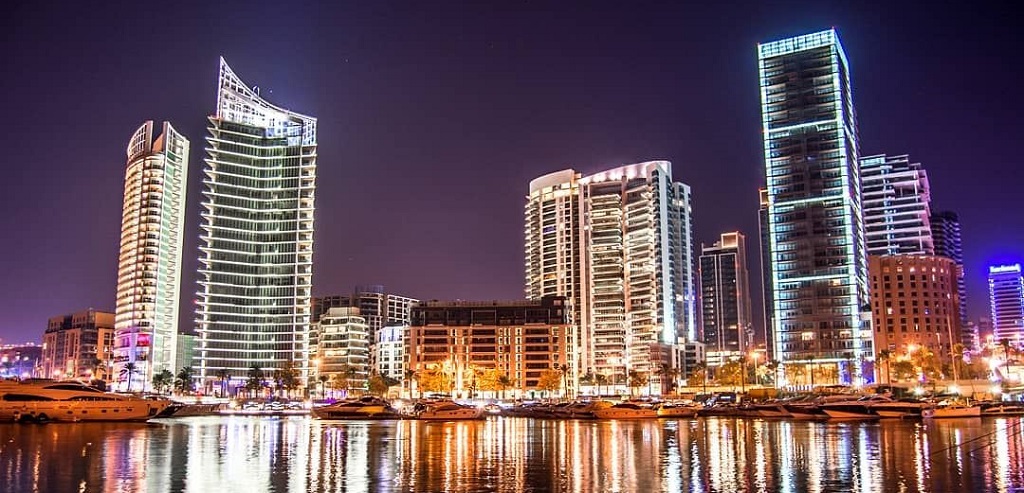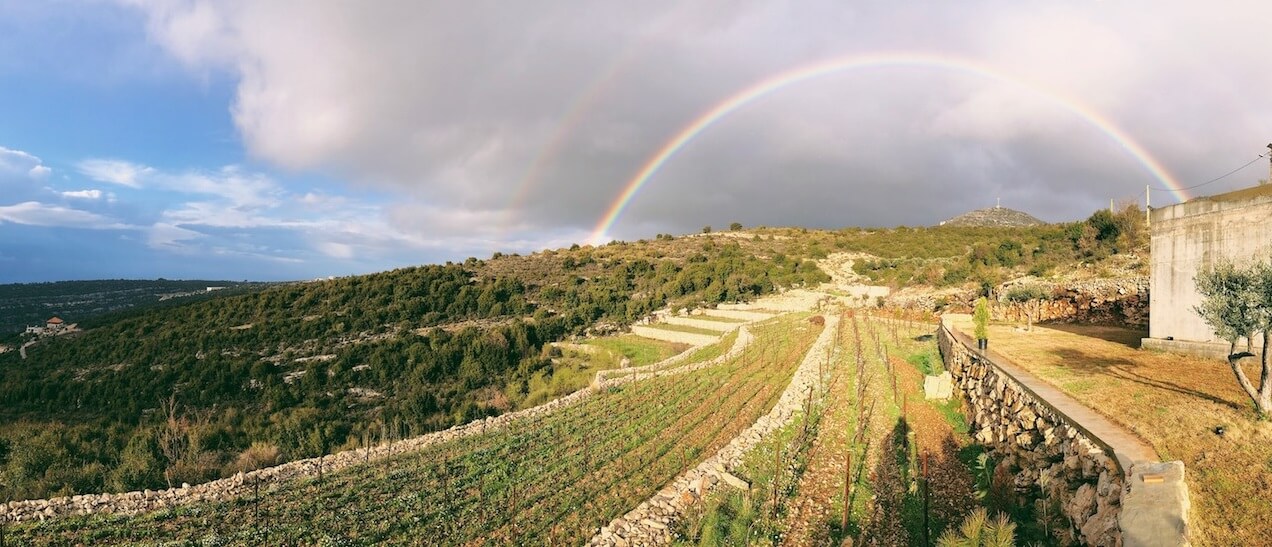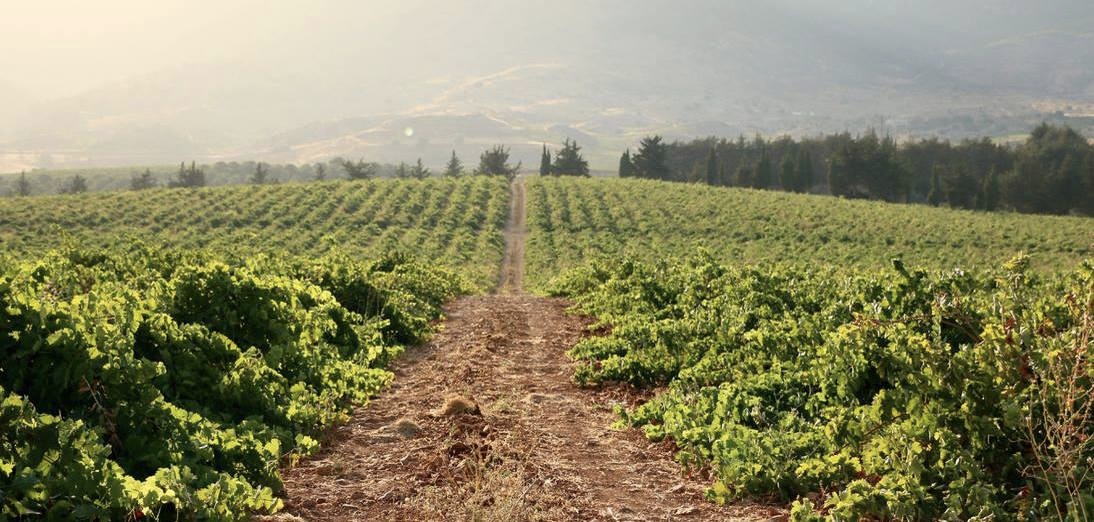
With a history of viticulture dating back more than five thousand years, Lebanon is amongst planet Earth’s oldest winemaking nations and a hidden gem for those unfamiliar with its heritage. Favouring the cultivation of French grapes like Cabernet Sauvignon, Merlot and Grenache, Lebanon produces more than half a million cases of wine per year, with much of this being exported to the United States and Europe.

Lebanon was once the jewel in the Middle East’s crown; a prosperous nation of palm fringed beaches, multiple sites of historical significance and a vibrant capital city in Beirut. However, the scars of the civil war which ravaged the country during the late seventies and eighties and the ongoing conflict in neighbouring Syria, continue to deter tourists from visiting this beautiful part of the world. Nevertheless, those who do travel here experience a fascinating nation whose influences come from both east and west and whose picturesque coastline and amiable, welcoming people undoubtedly make the journey worthwhile. Add to this no less than five UNESCO world heritage sites, a celebrated culinary scene and some seriously good wines from the [Bekaa Valley](/region/bekaa-valley), and you have a superb, multi-faceted destination waiting to be discovered. The story of winemaking in Lebanon is one of determination and resilience. Whilst the nation’s industry is thousands of years old, modern viticulture dates only from the middle of the nineteenth century, and survived two world wars and a civil conflict before experiencing something of a renaissance in the 1990s. Since then the number of wineries has grown year on year and there are now around forty individual bespoke cellars making wine with a commercial focus. Around 90% of all Lebanese wine is produced in the [Bekaa Valley](/region/bekaa-valley). This narrow north-south stretch of some sixty-five kilometres is a fertile, high altitude oasis in a largely barren desert landscape. Many of the nation’s most respected wineries are located in this region, amongst them its oldest cellar, [Château Ksara](/producer/chateau-ksara) and perhaps its most famous, [Château Musar](/producer/chateau-musar). Perhaps non-surprisingly given Lebanon’s period of [French](/country/france) rule during the early 1900s, grapes such as [Cabernet Sauvignon](/cabernet-sauvignon) and [Merlot](/merlot) from the [Bordeaux](/region/bordeaux) region, and [Cinsault](/cinsault) and [Grenache](/grenache) from the [Rhône Valley](/region/rhone-valley), are amongst the most prevalent varieties in Lebanese vineyards. White grapes are also grown here - though less frequently, along with a number of lesser known varieties indigenous to these parts. Lebanon - just like neighbouring [Israel](/country/israel) - is evidently a wine nation on the up. The influence of altitude in tempering the warm Mediterranean climate enables the production of balanced, flavoursome grapes which are now consistently delivering elegant, well-structured varietals and blends to increasing international acclaim.

Batroun is Lebanon's up and coming wine region. Its vineyards surround the town of the same name.
Read more ▸
The Bekaa Valley is the most important wine region in Lebanon. Home to legendary names such as Château Musar, it tends to produce full bodied red wines from traditional
Read more ▸